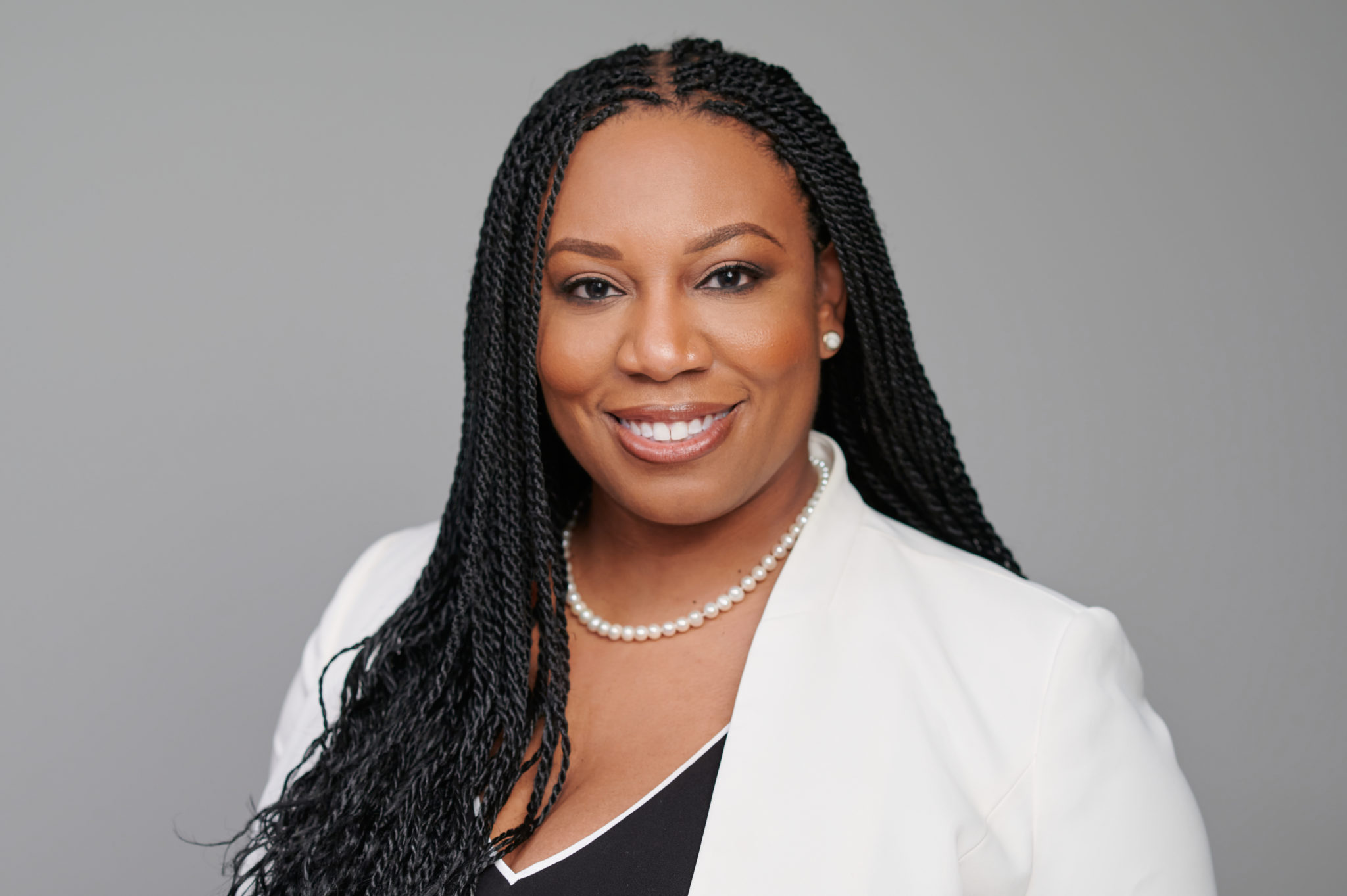
I couldn’t be more excited to join the team at NCLR. Like many of you, I’m a long-time fan and supporter. Some of my formative experiences in this movement have come as a result of the unique voice and the innovative work of this organization. As a Black, queer woman, I have been grateful for NCLR and its commitment to a vision of LGBTQ equality that includes racial, economic, and gender justice; the insistence that these struggles are linked; and the consistent reminder that we are not free until all of us are free.
Coming to NCLR is, in many ways, coming home.
Right now, the LGBTQ movement is at a crossroads. At this political moment, we are facing intensified attacks from opponents and grappling with the reality that we are fighting to preserve protections that we fought so hard to win. Simultaneously, we recognize that disparities within our community have left many feeling like those victories never included them in the first place.
We are fighting against attacks that require the energy of a united, inclusive movement at the same time that we have to acknowledge the fractures within our community. The way we respond to this moment has the ability to define our movement for a generation.
Bayard Rustin so masterfully blended the civil rights movement with the trade union movement with the LGBTQ movement. He said: “You have to join every other movement for the freedom of people”. Indeed, every issue is an LGBTQ issue, and the work of NCLR will hold and honor that tenet as we continue to fight for legal protection, an inclusive policy agenda and provide public education to support every person in the LGBTQ community.
We’ve achieved many victories in our LGBTQ movement, but not everyone has been able to benefit from these victories. Oppression continues to exist even within the LGBTQ community. Transgender women of color – particularly black trans women – systematically and disproportionately experience violence in our community. LGBTQ people of color are disproportionately incarcerated, fall into a foster care system ill-equipped to serve them, and are more likely to interact with the juvenile detention system. We feel the effects of redlining that racially segregated our country and created the groundwork for a system of gentrification that supports an economic stratification that continues to disproportionality hurt low income people, and people of color. We’ve come a long way, and we still have work to do.
NCLR is uniquely equipped to respond to this challenge. NCLR was created to provide an intersectional perspective to our movement, because our needs, and the needs of our families were not represented in the broader LGBTQ movement. So we built our own. And we will once again work harder to include more people that don’t see their needs represented in our larger movement.
And there has never been a more important time for NCLR’s approach for advancing LGBTQ equality and liberation through racial, economic and political equity and inclusion. And now, we will work to create the most inclusive, intersectional approach that our movement has ever experienced.
We are able to do this work, because we stand on the shoulders of giants. We are able to work so thoughtfully in coalition with one another, because it’s been done before. I am humbled to build on the legacy of the leaders like Donna Hitchens and Kate Kendell who have been such fantastic stewards of this mission of this organization. I am proud to be a part of the fantastic work being led by leaders like Shannon Minter who is translating that mission into a groundbreaking legal, policy, and public education agenda.
We have the privilege and opportunity to fundamentally shift the direction of the LGBTQ movement to once again include more of us and to protect all of us. And that is what we will do. I’m excited to join you. Let’s do this.









